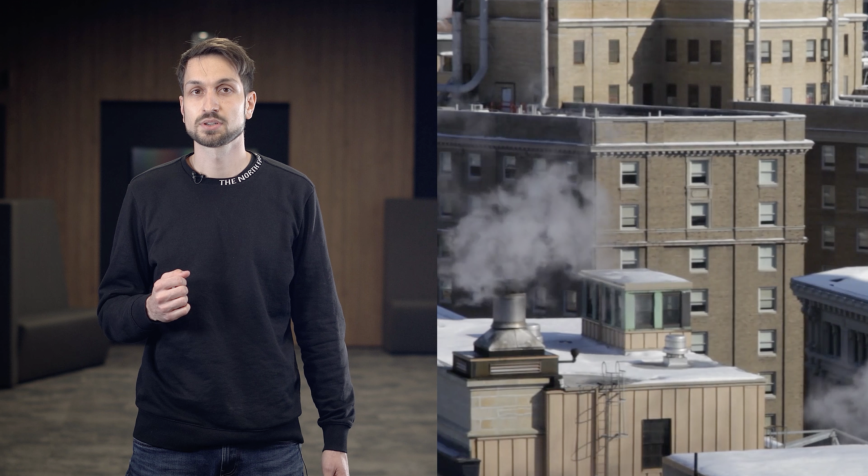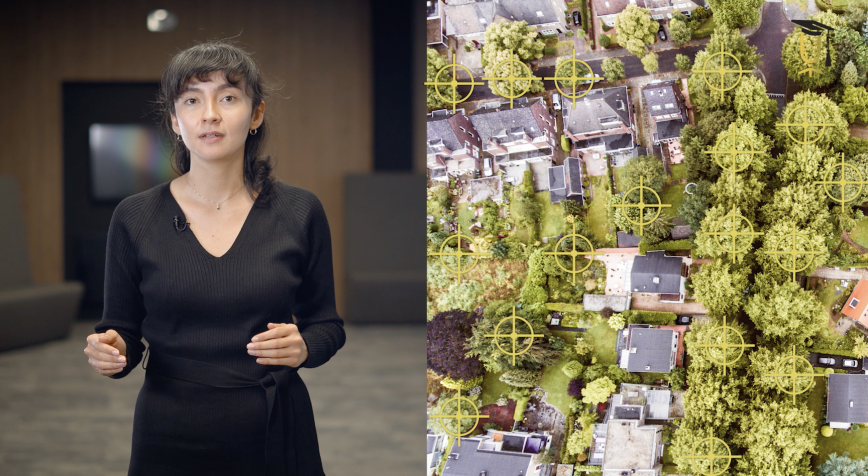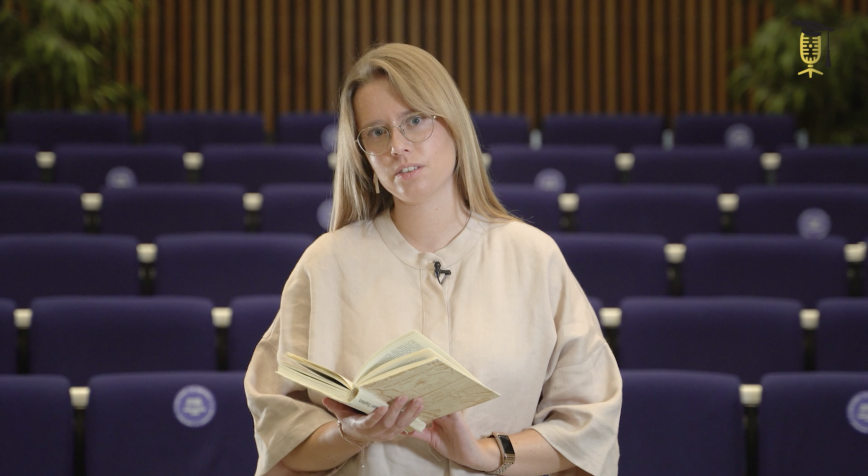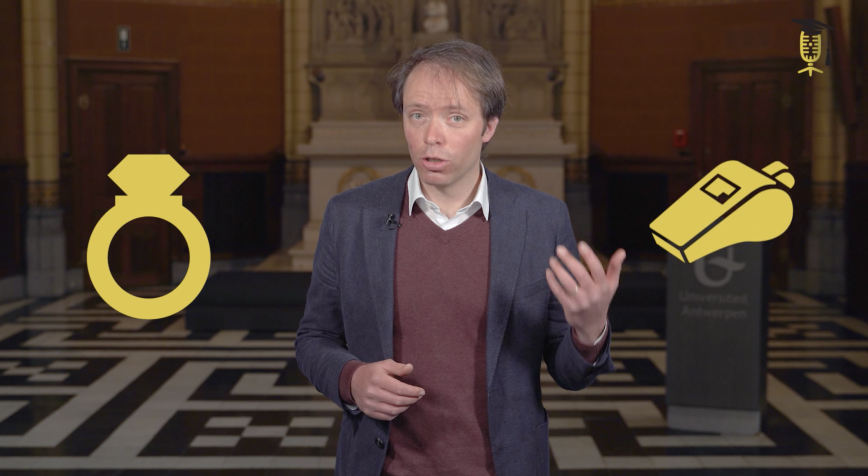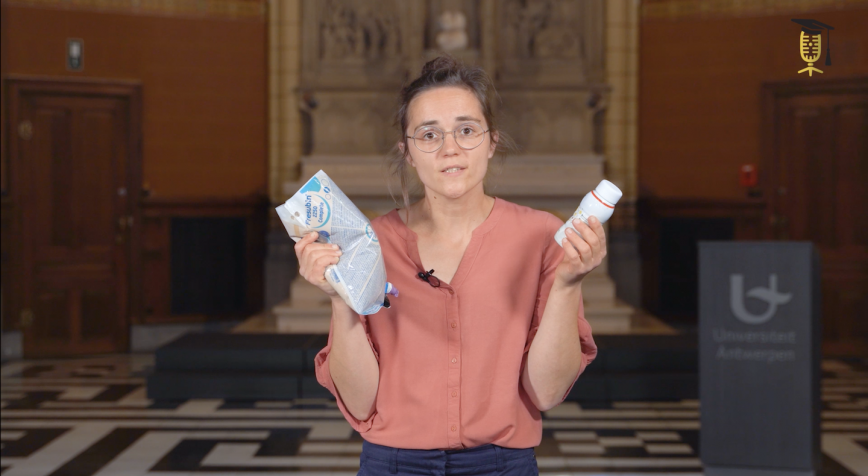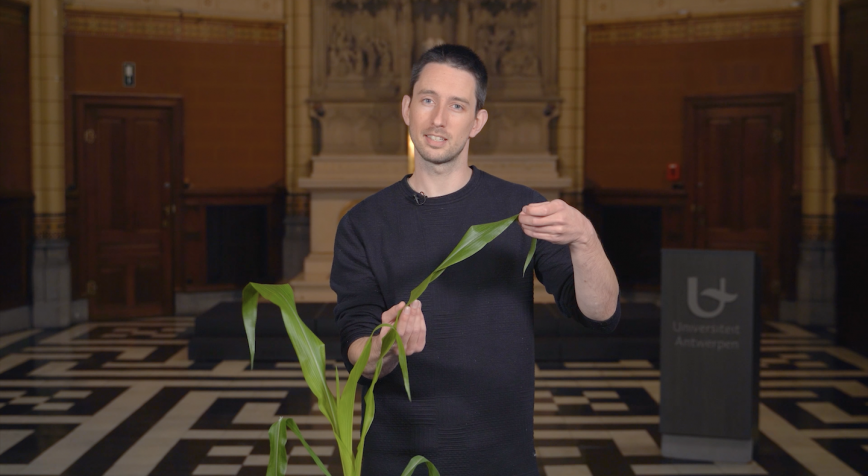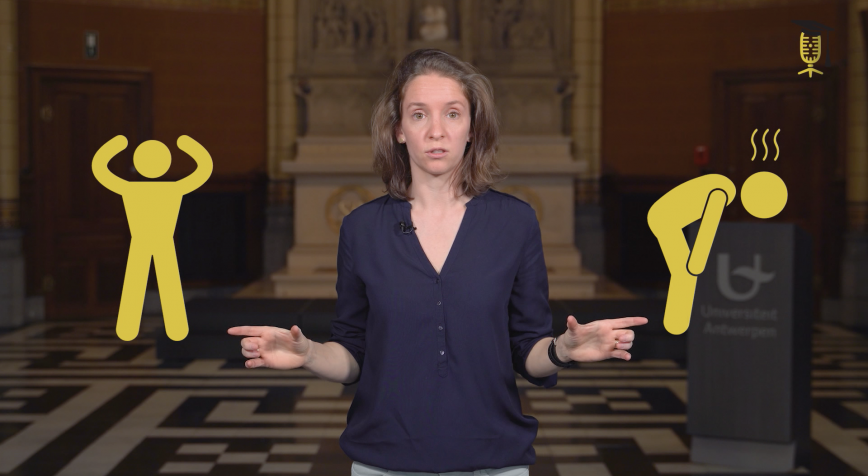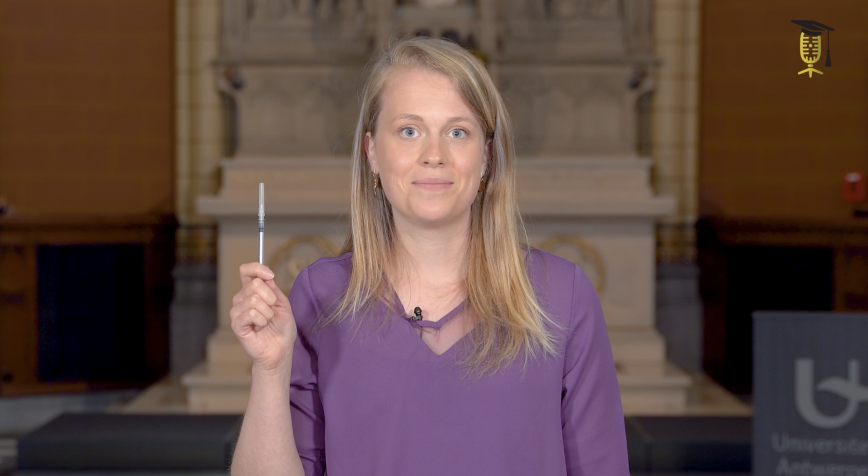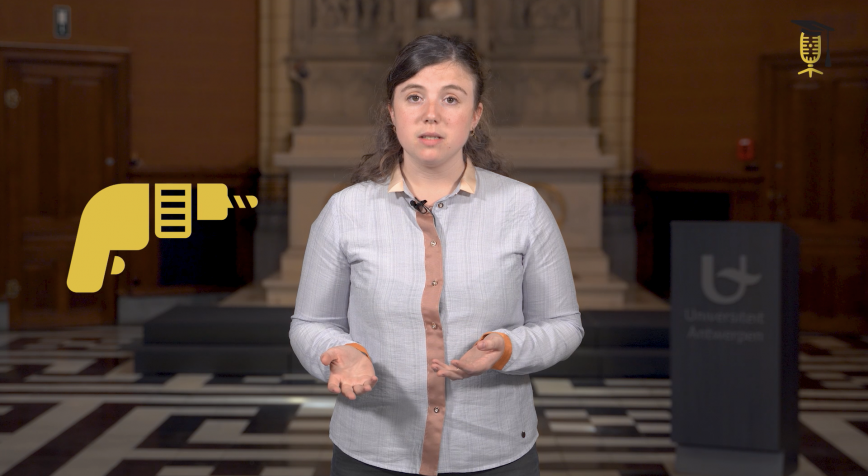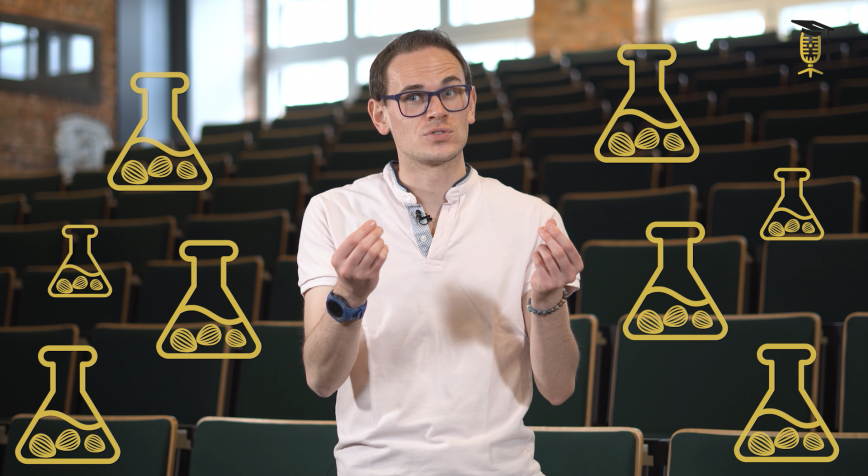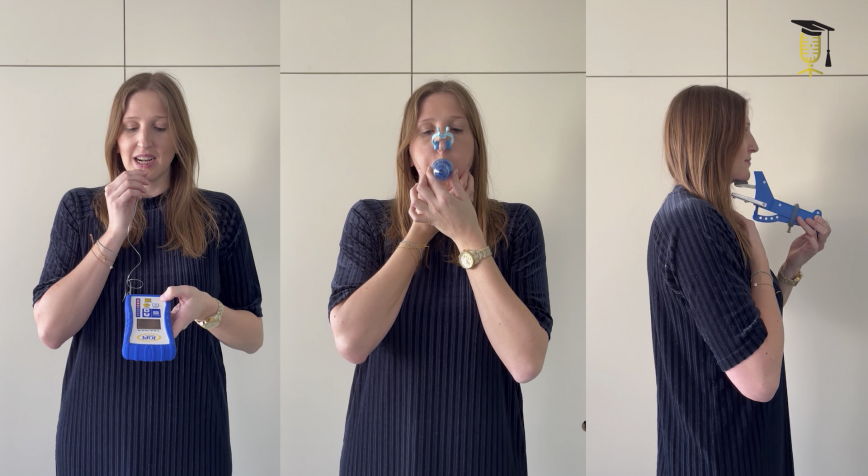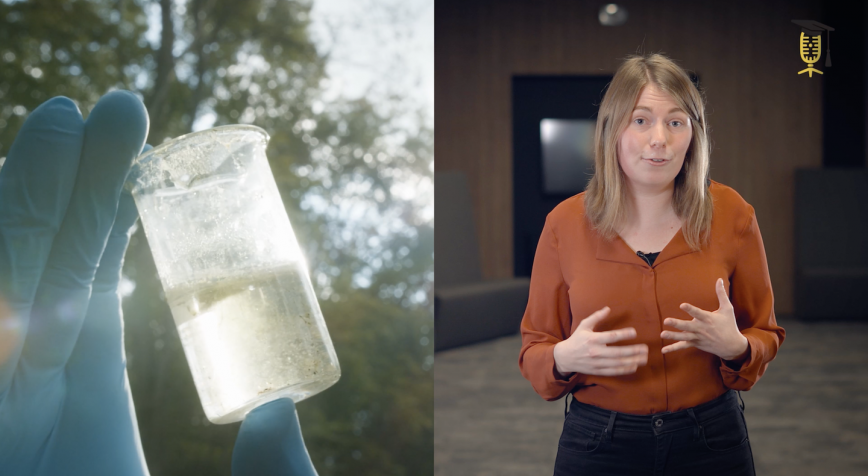
VITO
Internet of water: smarter measurement of Flemish water quality
Flanders is a water-scarce region. We must therefore handle our water resources carefully and monitor their quality well. That is why researchers such as Ruth Vandeputte (VITO) are building the 'Internet of Water', a network of sensors that will continuously measure water quality in the whole of Flanders from 2023 onwards and transmit it in real time. Ruth tells you more about it.
